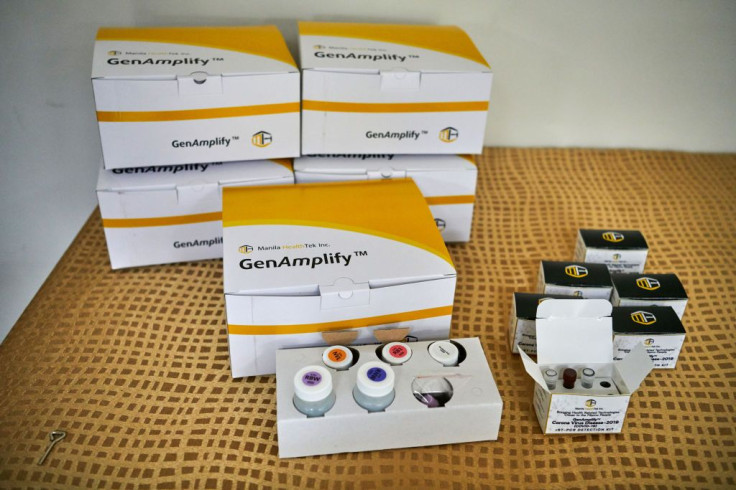
While the world is grappling under one of the biggest health crises in generations, there’s one thing that continues to haunt—The U.S lagging behind in its capacity to test. Dr. Anthony Fauci, the federal government’s top infectious disease scientist, hailed the existing testing situation a “failing” phenomenon during a congressional hearing on Thursday.
“The idea of anybody getting it easily the way people in other countries are doing it — we’re not set up for that,” he said, as per a media outlet. “Do I think we should be? Yes. But we’re not,” he added.
Tests kits are clearly in short supply and have resulted in sporadic testing conditions. With the numbers varying as per different facilities, the nation has stepped up its game to accommodate the need to screen the growing number of individuals who are exhibiting signs of the symptoms. But, there's still a long way to go.
The Cleveland Clinic recently announced the development of a rapid test that offers quick results in eight hours as opposed to the existing testing mechanism, which takes days on end. But, health experts believe it took a long time to come through, in addition to the problematic testing kits. Vice President Mike Pence and other top Trump administration officials had fallen back on their promise to up the country’s testing capacity for the virus.
Yet, the limited number of tests being conducted each day continues to be a challenge. This is largely due to the shortage of key chemicals needed to carry out the tests. The slow production of the testing kits in the U.S. has been attributed to the sheer lack of foresight. “We were very slow to roll out testing capacity to individual places — wherever that came from, it was a very bad strategy,” said Nathan Grubaugh, an epidemiologist at the Yale School of Public Health.
In Seattle, which currently is the U.S. city with the highest number of Covid-19 cases, local researchers came up with their own testing after being hugely disappointed with the existing CDC’s faulty mechanism. The Seattle Flu Study devised an in-house developed test that probed Covid-19 in samples from people who exhibited flu-like symptoms but were tested negative.
© 2025 Latin Times. All rights reserved. Do not reproduce without permission.




